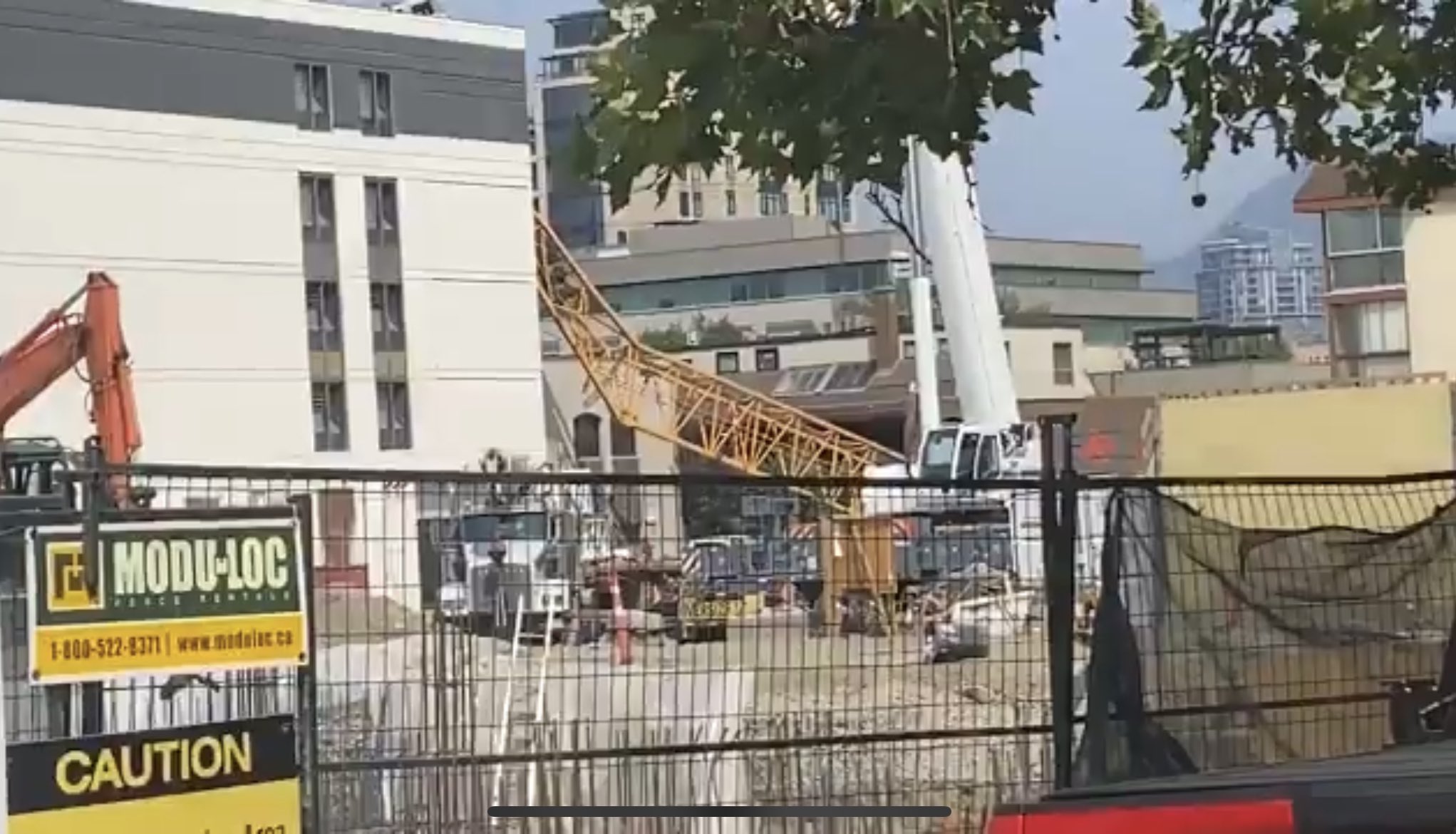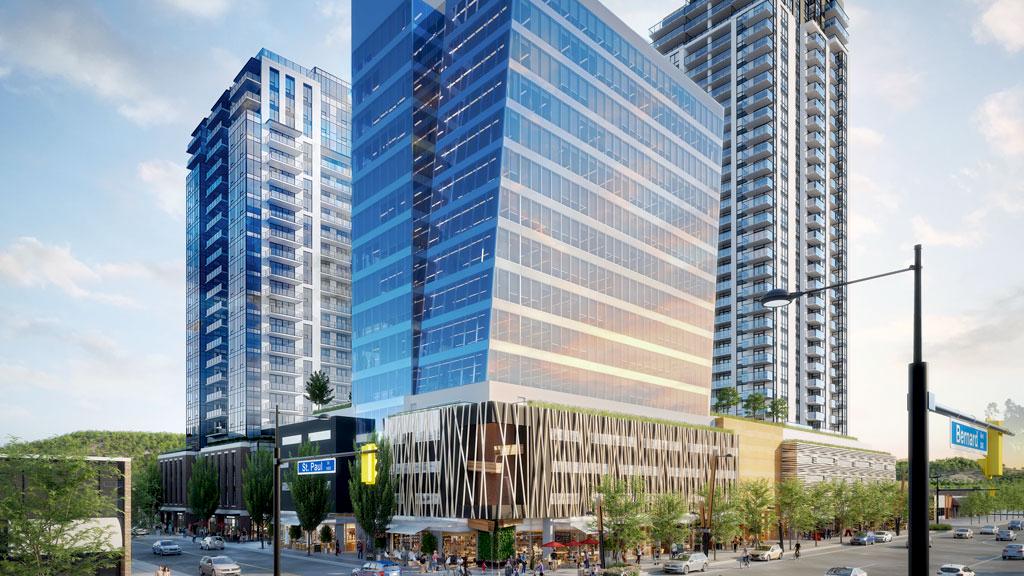BC’s recovery from the COVID-19 recession in 2020 was most dramatic in an improvement in the provincial deficit recorded in the province’s latest budget by $ 5.5 billion, after a value of $ 5.5 billion in the depths of the pandemic last fall $ 13.6 billion had been forecast.
As natural resource income rebounded and lumber prices rose, BC’s biggest gains came from strong income taxes and a rise in real estate that neither the province nor the private sector advisory council had anticipated.
“This $ 5.5 billion improvement is mainly due to higher revenues, but also slightly lower spending and improved operating results in government organizations, including the ICBC,” Treasury Secretary Selina Robinson said in her April 20 budget presentation.
The budget estimates that property taxes for the province will be $ 2.3 billion for the year ended March 31, and will rise to nearly $ 3 billion in the 2021-22 period. Property transfer tax was $ 2 billion last fiscal year and is projected to decrease slightly to $ 1.97 billion this year as the Treasury Department predicts a “slowdown in market activity in 2022”.
Monthly home sales reached a record level at the end of 2020 and continued to grow in 2021. According to budget documents, high-wage jobs are “resilient” due to the pandemic, low interest rates and the demand for larger homes by remote workers.
Home sales increased in every British Columbia region in 2020. Sales in Greater Vancouver grew 75 percent, Okanagan Mainline nearly doubled 94.6 percent, Fraser Valley 110 percent, and Greater Victoria 60 percent.
“Meanwhile, the average home sales price in BC rose 11.6 percent in 2020 compared to 2019,” the household documents read. “In most of the provincial markets, strong average sales price growth has been observed. From the beginning of the year to February 2021, prices rose by 16.5 percent compared to the same period in the previous year. “
ICBC’s net sales are estimated at $ 709 million for the past year and will drop to $ 154 million next year as key injury payout reforms take effect.
The provincial tobacco taxes will continue to rise from July 1, rising from 29.5 cents to 32.5 cents for a single cigarette. Provincial sales tax will also apply to vaping products from April 1st.
RELATED: BC Deficits Add Up To $ 19 Billion On A Three-Year Budget
RELATED: BC Budget Brings COVID-19 Aid To Tourism, Hospitality
An exemption from BC’s seven percent sales tax on sweetened carbonated beverages ended April 1, and the province also required foreign streaming services like Netflix and Disney + to pay sales tax alongside domestic services like CraveTV.
BC’s carbon tax rose to 9.96 cents per liter of gas from April 1. A further increase is planned for April 2022. In Metro Vancouver, gasoline taxes are now 36.96 cents per liter, including TransLink, fuel tax, and carbon dioxide tax.
Natural gas royalties are expected to rise rapidly, from $ 191 million to $ 286 million this year and $ 315 million in 2022-23 as BC’s first major LNG export project nears completion. Forest revenues and the mineral tax on coal mines are increasing. An increase of 14 percent is estimated for this year. This figure is expected to decrease by 6.1 percent between 2022 and 2023, largely due to lumber prices, which are down from their current high levels.
@ Tomfletcherbc
tfletcher@blackpress.ca
Like us on Facebook and follow us on Twitter.
2021 BC Chr. BudgetBC politics
Get local stories you won’t find anywhere else straight to your inbox.
Login here









